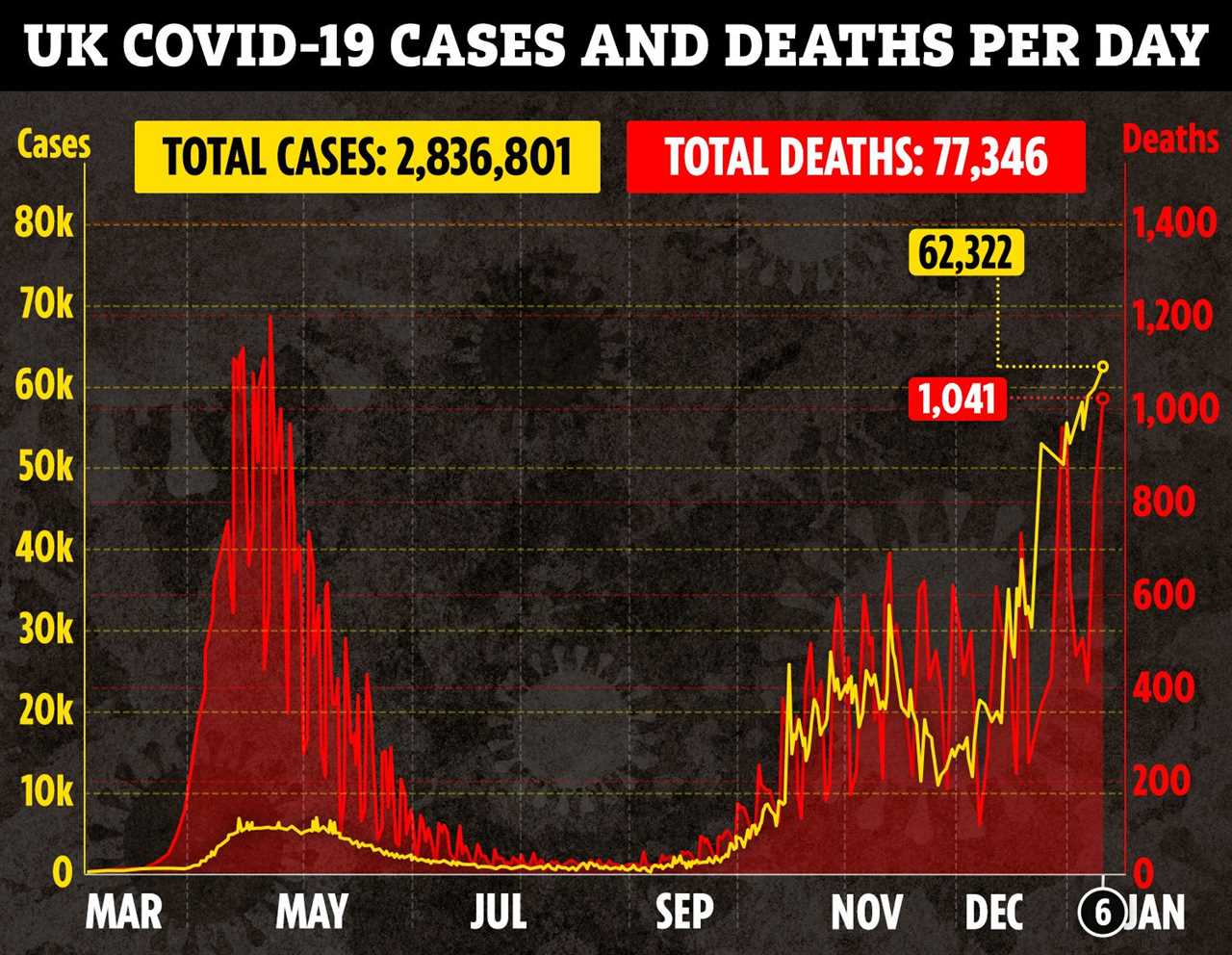THE Government has repeatedly reminded us of the importance of education and how it improves the life chances of the children in this country.
We have also been made aware of the consequences of obesity in children, as well as an increase in cases of mental health disorders.
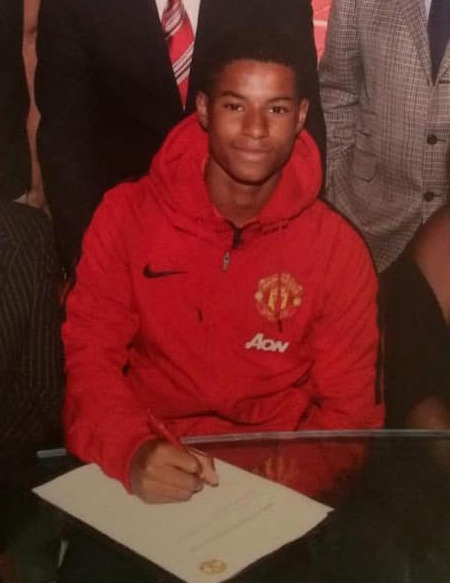
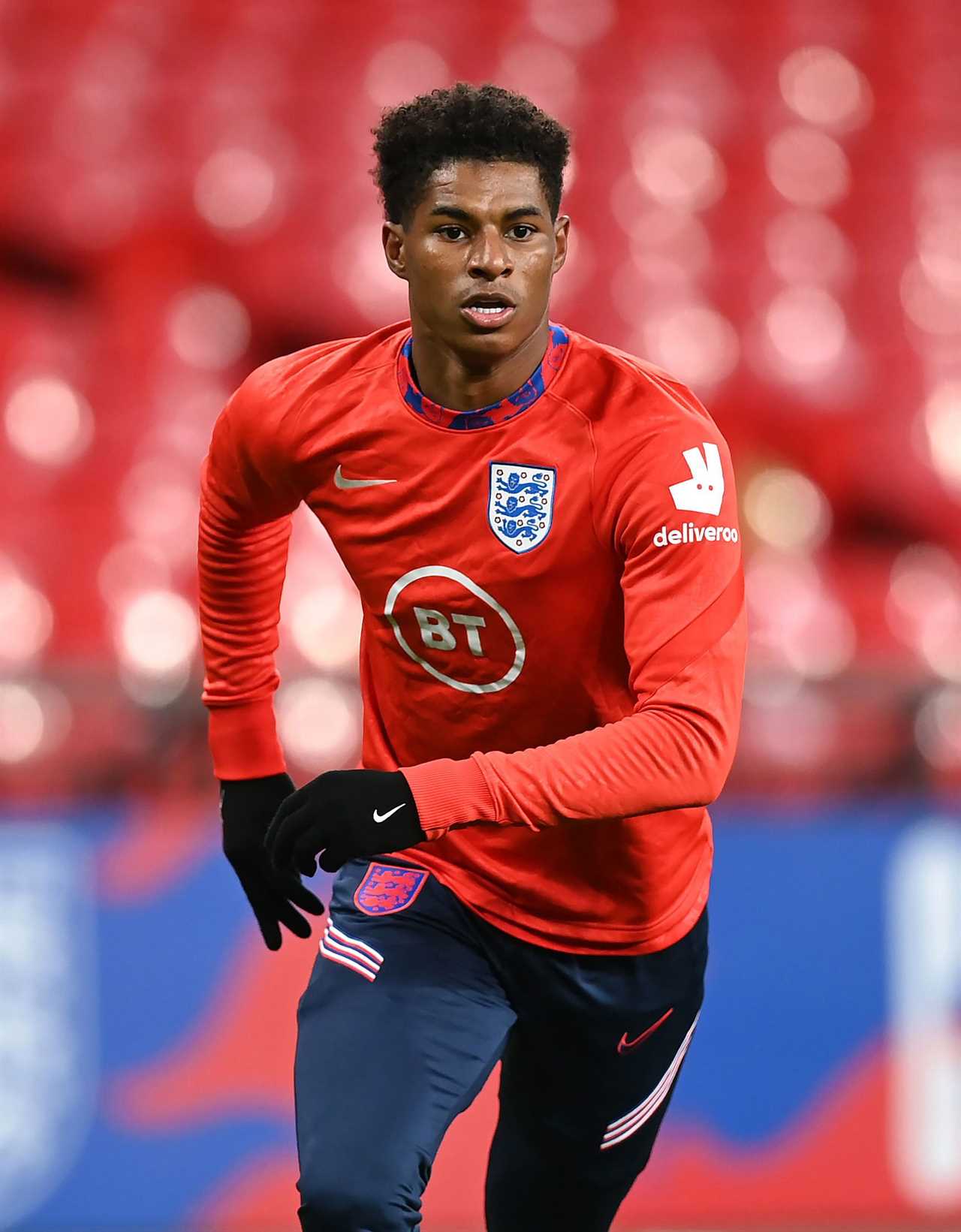
With another Covid lockdown, children’s lives have again been disrupted and the things they love are becoming more and more out of reach — going to school, seeing friends, engaging in sport.
The Government has, however, allowed Premier League matches to continue during the crisis while at the same time banning organised sports for children.
Granted, this has been driven by safety concerns given the risk of transmission, but we have also learned that illness from positive Covid cases among young children is minimal.
This decision is misguided on a number of fronts, not least because the skills and health benefits of sport, particularly for young children, are enormous.
Let’s start at the very beginning.
If as a country we are measuring quality of education, pupil outcomes and the spiritual, moral, social and cultural development of pupils as well as their welfare, sport is a very good place to start.
SPORT TEACHES RESILIENCE
It is the oxygen that energises wellbeing, teaches strategy, team spirit and collaboration and gives a sense of belonging.
Sport teaches resilience, understanding a goal or objective and accepting that practice leads to mastery.
The focus and attention required for sport trains the mind and increases the ability to follow instructions.
Children develop at different rates and many experience learning difficulties — so evident within core curricular subjects.
Many struggle too, for various reasons, with their personal, social and emotional skills.
Sports activities offer these children positive experiences and peer recognition as well as the opportunity to learn how to regulate.
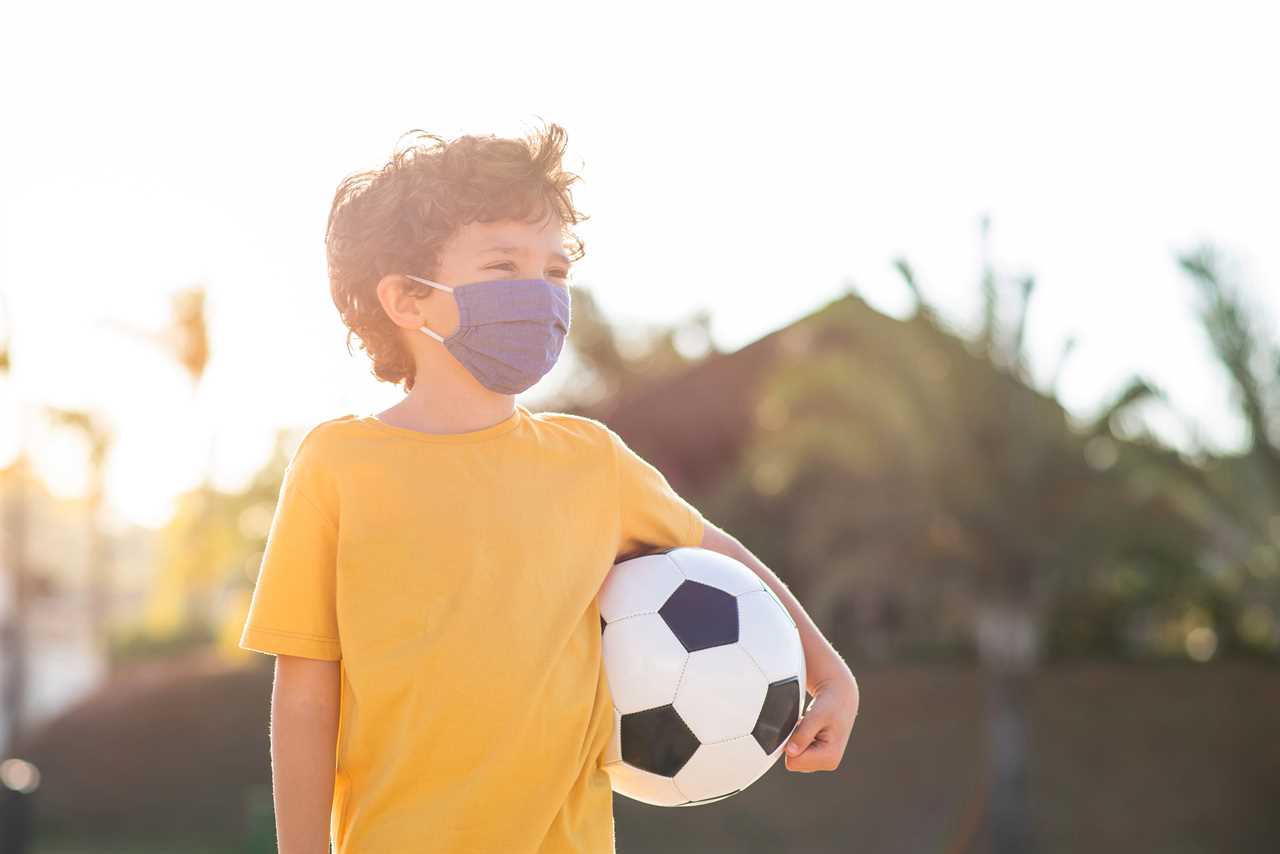
Being part of a sports community, whether it be a club, a team or a class, brings such an important sense of identity and belonging which drives motivation and, importantly, makes a child feel that they matter and have a purpose and role to play.
Just imagine if England and Manchester United ace Marcus Rashford had been denied his chance to shine as a schoolboy.
Sport also relates to maths — it involves sequencing, organisation, anticipation, spatial awareness and timing.
It is inevitably both a cognitive and physical workout, which in itself integrates different parts of the brain.
Sport benefits both gross and fine motor development — this is important for handwriting. As our vision judges distance and space as we move, we are training our eyes in a healthy way.
This is so important for eyesight during a sedentary and screen-centric era.
AWE AND WONDER
Instead of taking sport away it should be actively encouraged and supported. For so many, the sports activities are the highlight of the week, regardless of the weather.
It is the antithesis of isolation, depression and ill-health.
Outdoors, space and greenery are known to lift the mood. The links between exercise and brain chemicals associated with stress, anxiety and depression are well-documented.
Physical activity triggers a release of dopamine and serotonin, which improves mood.
For families juggling the challenges of home-learning and remote access to lessons, sports activities for young children outdoors bring both equilibrium and respite.
There is no doubt that the roar and cacophony of a team’s win during the televised Premier League matches highlight the tribal affiliation to a club — the elation, excitement, awe and wonder for the supporters.
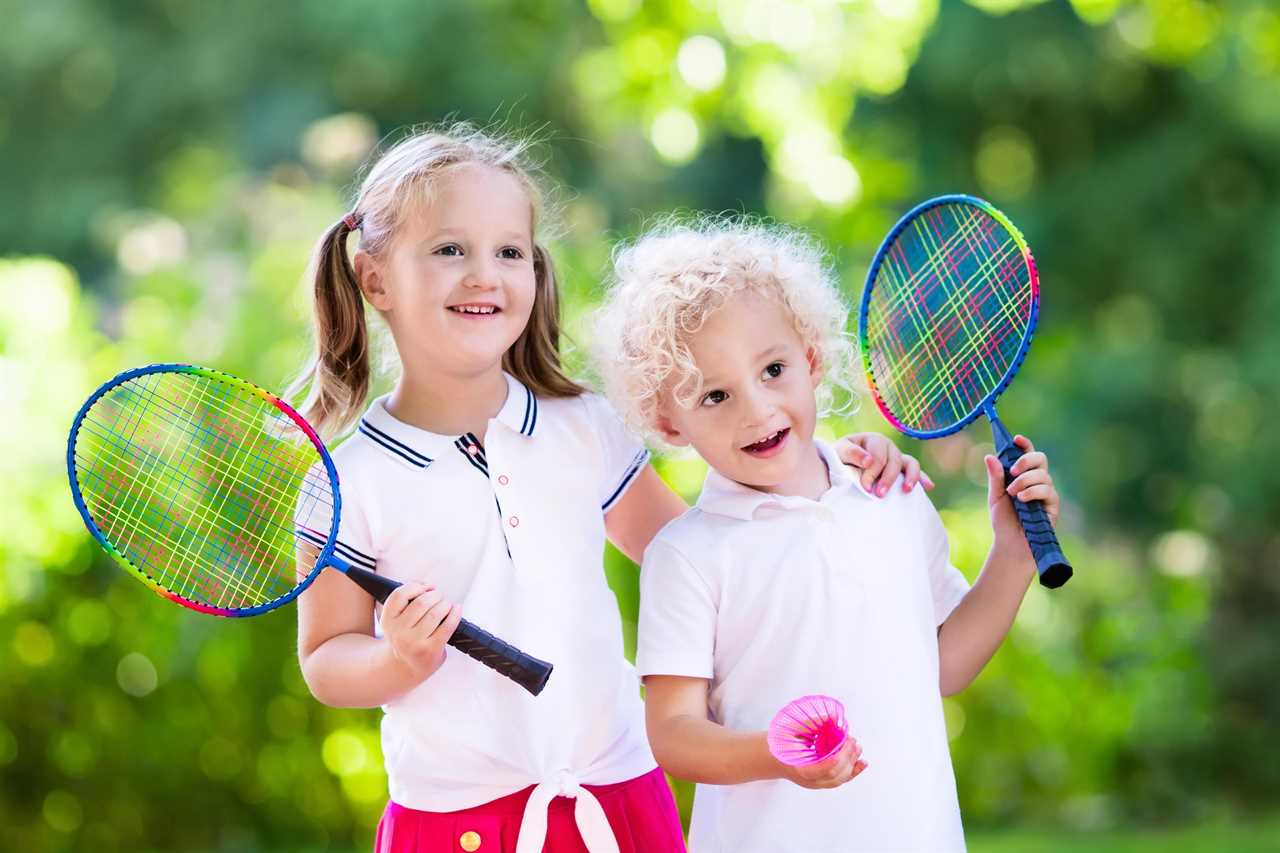
What a gift to our children to be able to shriek and reach moments of intense joy when they experience the thrill of winning and sense of achievement when they compete themselves.
And what an important lesson they get from those moments when defeat looms, for we all know failure is necessary to earn success.
We need to teach children that doom is not the end.
Brush your feathers down and try again, for tomorrow is another day and there is light at the end of the tunnel.
Opportunities for sport during lockdown are essential for the mental health and wellbeing of children, and will in turn protect the NHS and save lives.
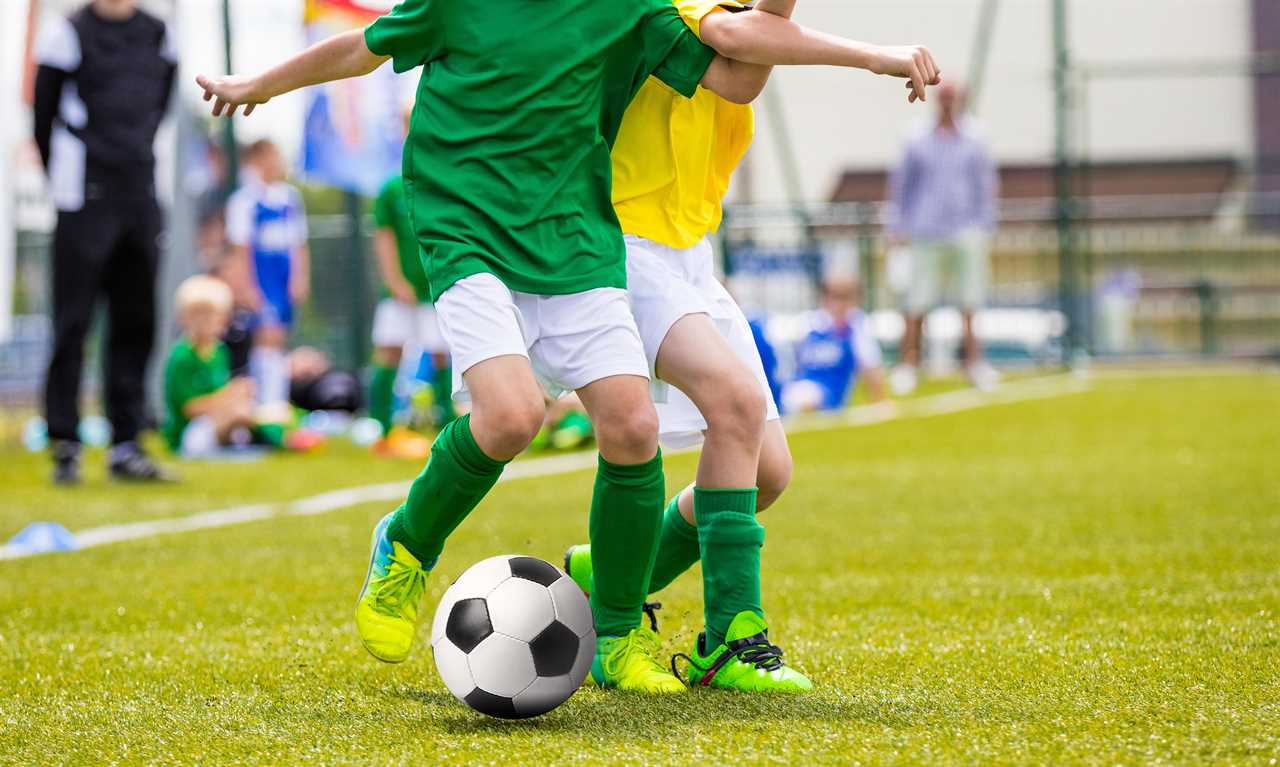
The Government has been so good with social distancing markers such as cones, and these could be instated to keep accompanying adults safely apart in public spaces designated for sport.
And so, if sport is a good place to start, our children could be benefitting right now, across the land, in parks and on pitches, in gardens and open spaces where they can learn their ABCs — Action, Balls and Camaraderie.
We owe it to our children to offer them these opportunities as a priority.
